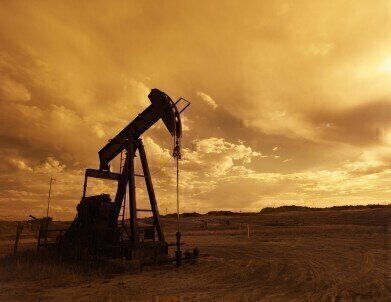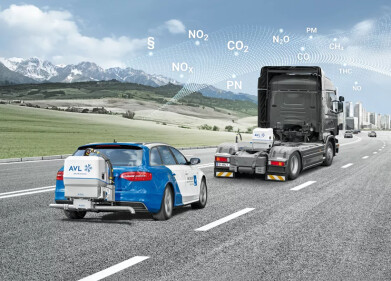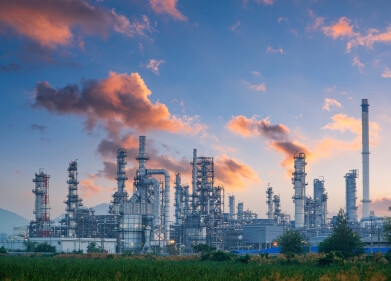Air Monitoring
How to Monitor for Fracking Air Pollution
Oct 29 2014
Hydraulic fracturing, more commonly known as fracking, has become an increasingly popular method of extracting gas and oil from shale rock over the last decade. The process involves injecting water at high pressure to fracture rocks and allow gas to flow out. However, there are now a number of concerns that fracking may contribute to air pollution and further increase risks to human health.
This month, the state of Texas has responded to these concerns by installing the first air monitoring station in the Eagle Ford Shale in Karnes County, a prominent area for fracking activity near the city of San Antonio.
The installation of the air monitoring station followed a project conducted by a team of researchers from the University of Texas at Austin who were appointed to measure the air quality and pollution in Karnes County. Air quality measurements were performed in a specialist mobile monitoring unit, with samples taken upwind and downwind from the most drilling-intense areas over twelve days.
The $100,000 research project aimed to determine whether emissions from fracking equipment and gases released during the fracking process in Karnes County were increasing the ozone levels in San Antonio. The results released by the Texas Commission on Environmental Quality (TCEQ) following the research, indicated that while there was an increase of hydrocarbons (compounds consisting purely of carbon and hydrogen), there was no increase of nitrogen oxides which increase ozone levels.
While the results appear positive, the researchers have remained sceptical due to the nature of nitrogen oxides which rise in the atmosphere and may have risen well above the mobile monitoring unit.
How is fracking activity regulated?
Worldwide controls and regulations on fracking differ greatly between countries and regions. In the United States, fracking is regulated by each individual state, with procedures varying across the country. North Carolina, for example, has imposed a statewide fracking ban, while Missouri has no regulations on fracking activity at all. The Environmental Protection Agency has, however, issued regulations which require American oil and gas companies to limit air pollution from their fracking activities.
In the UK, the government stipulates that fracking operators should monitor air quality and present their results to the relevant environmental regulator, such as the Environment Agency. Operators must also be able to demonstrate that their business activities have not accelerated air pollution levels any higher than those outlined in their environmental permits.
In October 2013, Public Health England conducted similar research and assessed the health risks associated with extracting shale gas, evaluating available evidence on air quality, naturally occurring radioactive materials, radon gas, waste water, and water contamination. The report concluded that “the risks to public health from exposure to emissions from shale gas extraction are low if operations are properly run and regulated.”
However, there is evidence from the USA that shows there are considerable health hazards to workers within the fracking industry, most notably exposure to crystalline silica. ‘Safe’ exposure limits have frequently been exceeded and if fracking becomes a fact of life in the UK, comprehensive air and dust monitoring programmes to protect workers should be high on the UK Occupational Hygiene agenda, says Neal Hill, Product Line Manager, Casella. This article, Protecting Employee Health During Fracking, looks at this topic further.
Digital Edition
IET 34.2 March 2024
April 2024
Gas Detection - Biogas batch fermentation system for laboratory use with automatic gas analysis in real time Water/Wastewater - Upcycling sensors for sustainable nature management - Prist...
View all digital editions
Events
Apr 24 2024 Jakarta, Indonesia
Apr 24 2024 Sao Paulo, Brasil
Apr 30 2024 Melbourne, Australia
Apr 30 2024 Birmingham, UK
May 03 2024 Seoul, South Korea


















